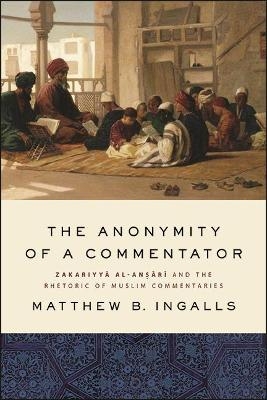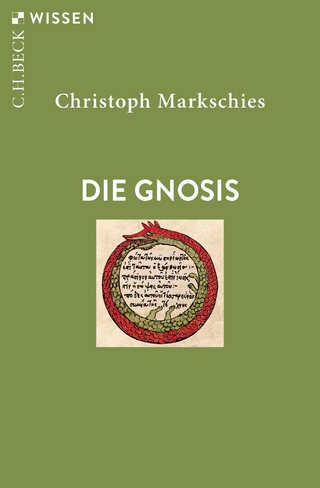
The Anonymity of a Commentator
Zakariyyā al-Anṣārī and the Rhetoric of Muslim Commentaries
Seiten
2021
State University of New York Press (Verlag)
978-1-4384-8519-5 (ISBN)
State University of New York Press (Verlag)
978-1-4384-8519-5 (ISBN)
A close study of one of the most prolific commentary writers in Islamic history.
The Anonymity of a Commentator examines the life and writings of the Egyptian Sufi-scholar Zakariyyā al-Anṣārī (d. 926/1520), the longest-serving chief Shāfi'ī justice to the Mamlūk sultanate during its final years. It analyzes al-Anṣārī's commentaries in the disciplines of Sufism and Islamic law as a case study to illustrate how and why Muslims produced commentaries in the later Islamic Middle Period and how the form and rhetoric of commentary writing furnished scholars like al-Anṣārī with a medium in which to express their creativity and adapt the received tradition to the needs of their time. Whereas twentieth-century scholars tended to view Muslim commentary texts as symbols of intellectual stagnation in and of themselves, contemporary scholars recognize that these texts are often the repositories of profound ideas, although they approach them with little guidance from their academic predecessors. The Anonymity of a Commentator aims to provide this guidance, through a close study of one of the most prolific commentary writers in Islamic history.
The Anonymity of a Commentator examines the life and writings of the Egyptian Sufi-scholar Zakariyyā al-Anṣārī (d. 926/1520), the longest-serving chief Shāfi'ī justice to the Mamlūk sultanate during its final years. It analyzes al-Anṣārī's commentaries in the disciplines of Sufism and Islamic law as a case study to illustrate how and why Muslims produced commentaries in the later Islamic Middle Period and how the form and rhetoric of commentary writing furnished scholars like al-Anṣārī with a medium in which to express their creativity and adapt the received tradition to the needs of their time. Whereas twentieth-century scholars tended to view Muslim commentary texts as symbols of intellectual stagnation in and of themselves, contemporary scholars recognize that these texts are often the repositories of profound ideas, although they approach them with little guidance from their academic predecessors. The Anonymity of a Commentator aims to provide this guidance, through a close study of one of the most prolific commentary writers in Islamic history.
Matthew B. Ingalls is Associate Professor of Middle Eastern Studies at the American University in Dubai.
List of Figures and Tables
Transliteration Table
Acknowledgments
Introduction
1. Muslim Commentarial Practices
2. The Life of Zakariyyā al-Anṣārī
3. The Iḥkām and the Rhetoric of the Sufi Commentary
4. Fanning the Fire of Islamic Legal Change with the Mukhtaṣar-Sharḥ Bellows
5. The Legacy of al-Anṣārī
Conclusion Commentary, Canonization, and Creativity: A New Case for the "Era of Commentaries and Supercommentaries"
Bibliography
Index
| Erscheinungsdatum | 31.08.2021 |
|---|---|
| Reihe/Serie | SUNY series in Islam |
| Zusatzinfo | Total Illustrations: 10 |
| Verlagsort | Albany, NY |
| Sprache | englisch |
| Maße | 152 x 229 mm |
| Gewicht | 227 g |
| Themenwelt | Geschichte ► Teilgebiete der Geschichte ► Religionsgeschichte |
| Geisteswissenschaften ► Religion / Theologie ► Islam | |
| ISBN-10 | 1-4384-8519-0 / 1438485190 |
| ISBN-13 | 978-1-4384-8519-5 / 9781438485195 |
| Zustand | Neuware |
| Haben Sie eine Frage zum Produkt? |
Mehr entdecken
aus dem Bereich
aus dem Bereich
Herkunft, Blüte, Weg nach Osten
Buch | Hardcover (2024)
C.H.Beck (Verlag)
39,00 €
Von den Anfängen bis zur Gegenwart
Buch | Hardcover (2022)
C.H.Beck (Verlag)
34,00 €


